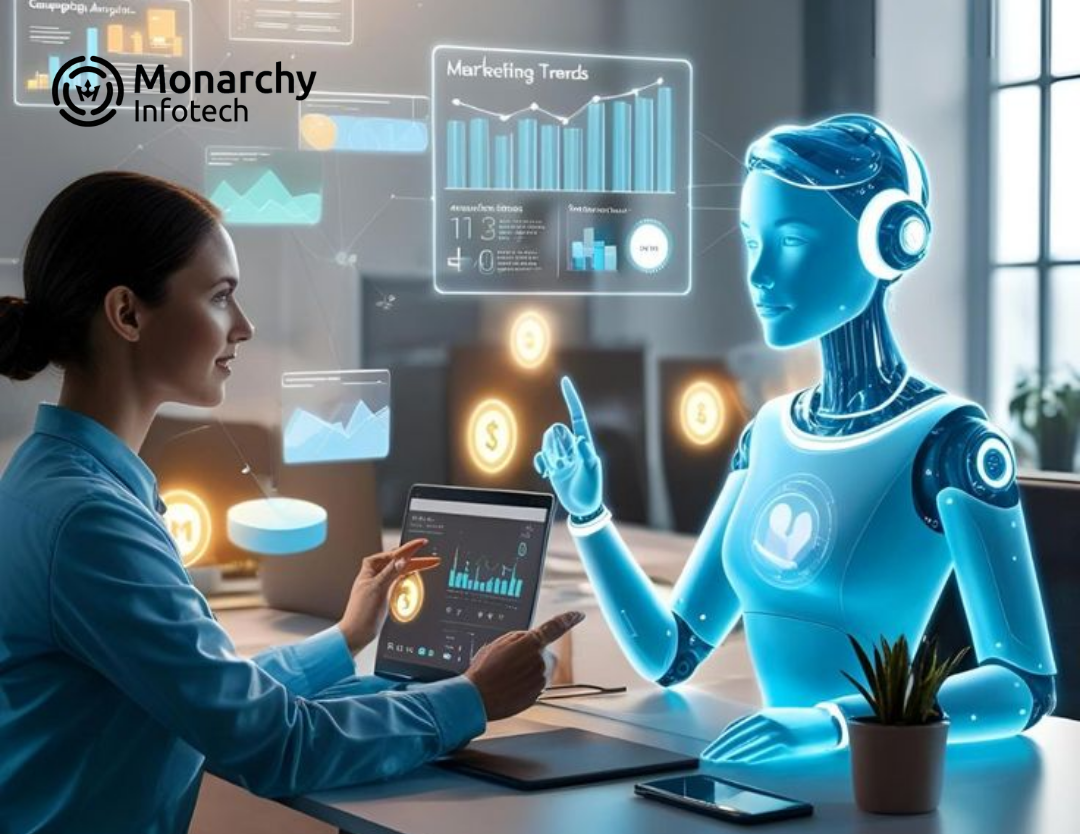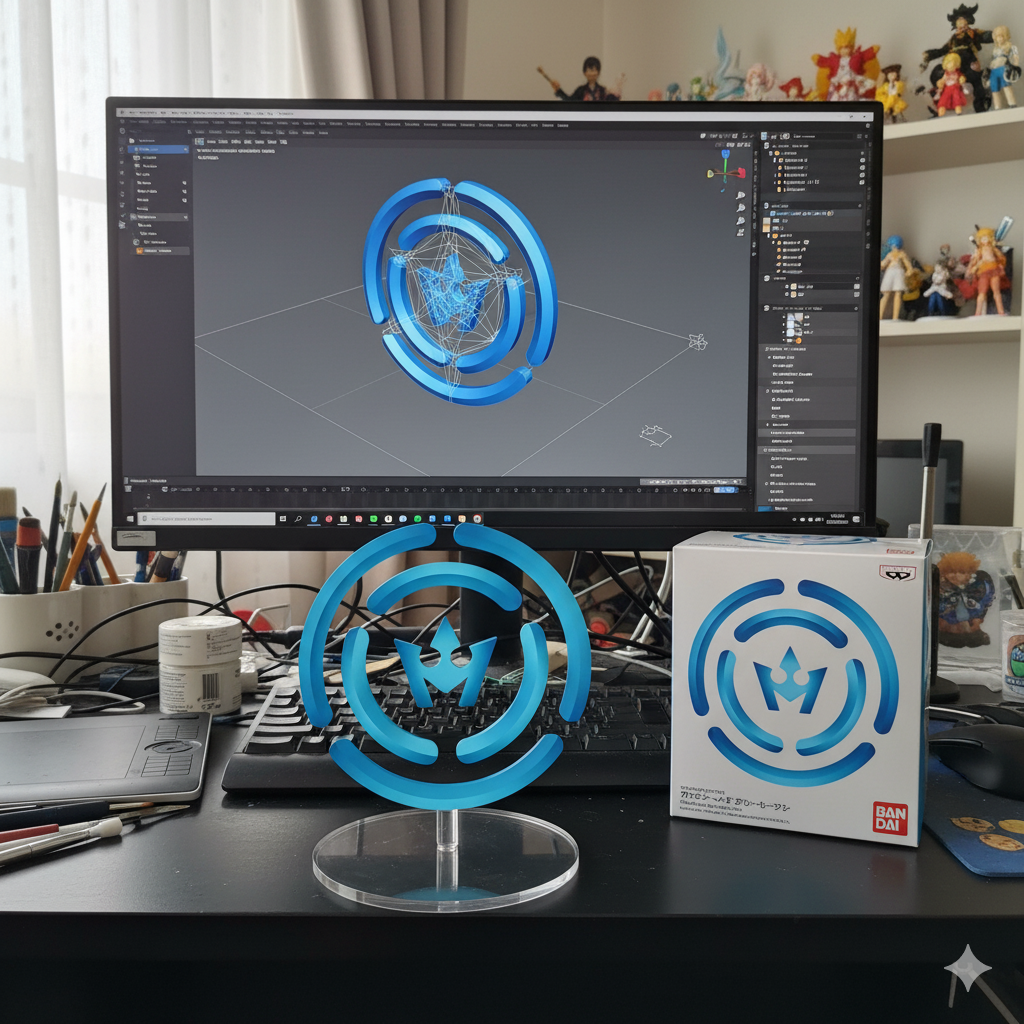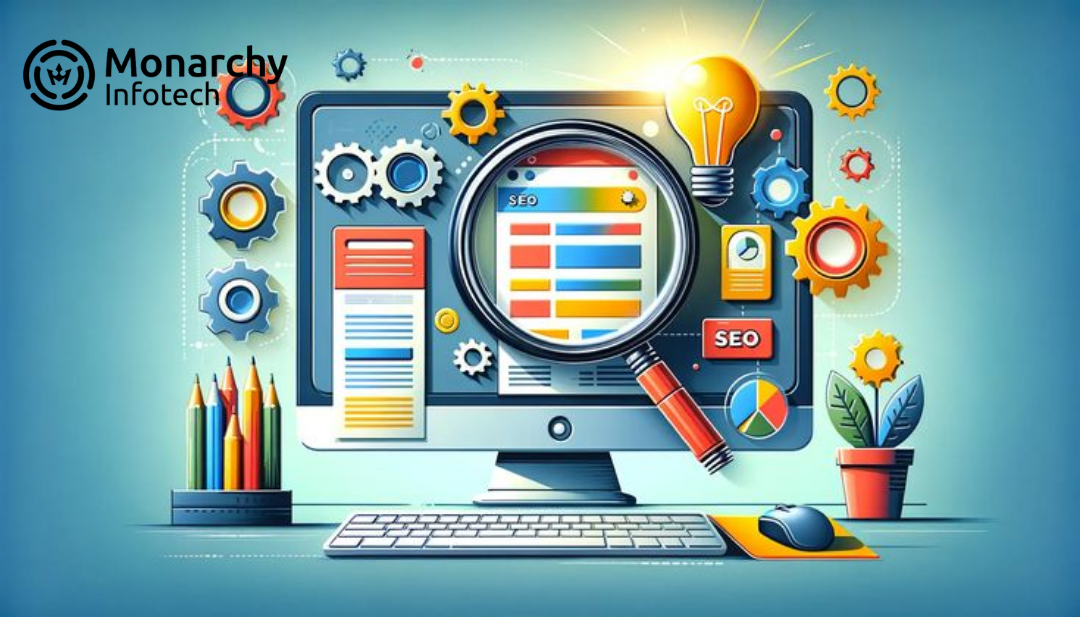As AI races forward, concerns over job loss are greater than ever before. But what jobs are at risk — and what will change or even prosper? This blog disentangles the reality of AI automation from the hype. We look at which human work is most susceptible to AI (such as data entry, basic customer service, and simple analysis), and which are immune or made better by AI — including creative, strategic, and very human-oriented work. The future of work is not about replacement — it is about redefinition.

AI vs. Human Jobs: What Will Actually Disappear?
AI vs. Human Jobs: What Will Actually Disappear?
In 2025, artificial intelligence isn't a buzzword of the tech world — it's a reality of the workforce. From sending emails to creating contracts and diagnosing illnesses, AI is gradually working its way into industries of every sort. But amidst the advancements, fear remains:
Will AI steal your job? Or will it simply alter how you do your job?
Let's take a look at which jobs are actually under threat, which will evolve, and what skills will shape the future of work.
The Most Likely Jobs to Vanish
AI is brilliant at doing repetitive, predictable, and data-intensive work. The more routine and structured a job, the more it will be automated. These are the jobs that are disappearing the quickest:
1. Data Entry Clerks
AI can crunch enormous data sets at speed and near-perfect accuracy. Human data input is not just slow but prone to error — and soon, in many areas, unnecessary.
2. Simple Customer Support
Artificial intelligence chatbots and voice assistants now answer mundane questions across banking, retail, travel, and technology. They can answer immediately, 24/7, and adapt constantly from interactions.
3. Telemarketing
Already, cold calls are being replaced by AI systems that can make scripted calls, analyze tone, and adjust in real-time — without fatigue or rejection sensitivity.
4. Cashiers
The need for human checkout workers is declining with the help of increasing applications of self-checkout machines, mobile payments, and cashier-less stores such as that of Amazon Go.
5. Bookkeepers and Payroll Clerks
AI-powered accounting software can now handle payroll, sort invoices, and reconcile accounts with minimal human intervention.
Roles That Will Change — Not Go Away
All jobs won't disappear. Most will change, moving away from standardized tasks and toward ones that need human judgment, creativity, or emotional intelligence.
1. Teachers & Educators
AI instructors can customize education, but actual teachers will place greater emphasis on mentorship, critical thinking, and social-emotional learning — things computers can't do.
2. Healthcare Workers
AI will help with diagnostics and patient information, but physicians, nurses, and therapists will remain in charge with compassion, instinct, and empathy.
3. Content Writers & Creators
AI software can assist with outlines and editing, but creativity, originality, and storytelling remain most human abilities.
4. Software Developers
AI can create simple code, but developers remain necessary for design logic, debugging, and constructing intricate systems.
5. Marketing Professionals
Automation manages A/B testing and ad targeting, but strategic thinking, brand storytelling, and customer empathy remain essential human functions.
(Relatively) Safe Jobs
Jobs that rely on sophisticated problem-solving, human interaction, manual handiness, or emotional intelligence are more difficult to automate:
- Counselors and therapists – empathy can't be outsourced
- Skilled tradespeople (electricians, plumbers, carpenters) – too much physical subtlety
- Executives and entrepreneurs – vision, leadership, and innovation still need a spark of humanity
- Creative professionals (artists, designers, filmmakers) – AI can support, but not create truly significant art
- Social workers and community leaders – highly human-centered professions that require genuine presence and trust
The Future Skillset: Adaptability Over Automation
The question isn't now "Will AI replace my job?", but "Am I prepared to collaborate with AI?"
To remain competitive, employees must concentrate on:
- Digital literacy — learning and harnessing AI tools
- Emotional intelligence — the capacity to empathize and relate
- Critical thinking — reasoning beyond what data alone may reveal
- Creativity and flexibility — redesigning problems and solutions in a transformational world





